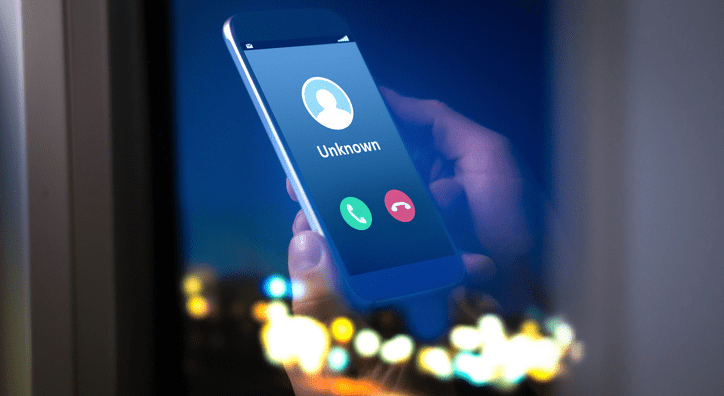Voice phishing attacks are similar to phishing attacks—they trick you into giving sensitive information to criminals. However, most phishing attacks are carried out using the internet. Voice phishing scams are done over the phone. Here’s what to look out for.
What are Voice Phishing Attacks Like?
Over-the-Phone Voice Phishing
Voice phishing (also known as “vishing”) attacks come in many forms, but these are some of the most common:
- Announcements that you have won prizes in contests you did not enter
- Too-good-to-be-true offers from random companies
- Claims that your online accounts or credit cards have been compromised
- Threats of fines or criminal punishment if you do not provide information
While the subject matter of vishing calls often differs, one thing is typically the same: they attempt to generate an emotional response. The caller wants you to act impulsively and comply with their demands based on your emotion, whether it’s fear, surprise or happiness.
Email Voice Phishing
Email is another avenue for voice phishing attacks. Hackers will send an email with subject matter similar to the types of calls above and request that you call a phone number. Once you call, the same thing happens.

How to Protect Yourself Against Vishing Attacks
Be Suspicious
Legitimate institutions, like banks, retailers and government organizations, will almost never call you or email you demanding that you give them personal information. Always be suspicious if you find yourself in a situation like this.
Remain Calm
Hackers and criminals want you to spring into action without thinking. It’s surprising and scary when you receive a phone call telling you that your checking account has been overdrawn by $7,000, or that you’re going to be fined $10,000 by the IRS if you don’t provide your Social Security Number.
However, it’s important to remember that most of these phone calls are scams. Remain calm and don’t provide information over the phone.

Proceed with Caution
If a call or email appears to be completely legitimate, hang up the phone, look up the phone number to the institution the caller claimed to be from and call back.
Don’t Trust Caller ID
Just like emails, phone numbers and caller identities can be faked relatively easily. Don’t trust a call just because it says it’s from a legitimate institution.
Use the Do Not Call Registry
Consider adding your phone number to the National Do Not Call Registry. This won’t completely eliminate your chances of being called by voice phishers, but it will reduce the amount of unsolicited phone calls you receive.
There’s no way to completely block voice phishing attacks, so make sure you remain vigilant.
{{cta(‘21368358-003c-4f37-b530-9631af96b096′,’justifycenter’)}}





